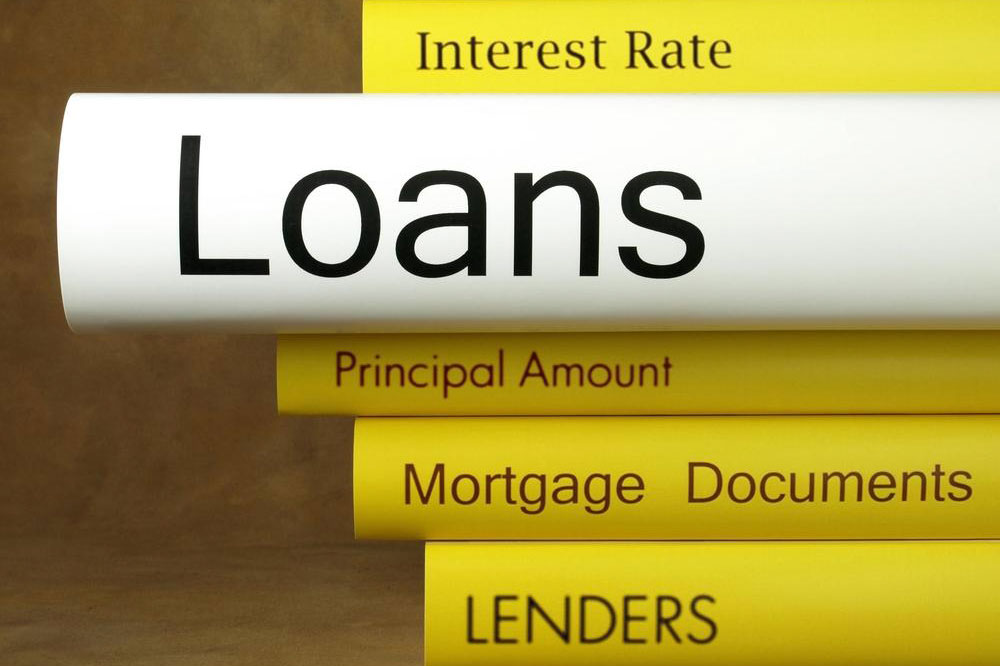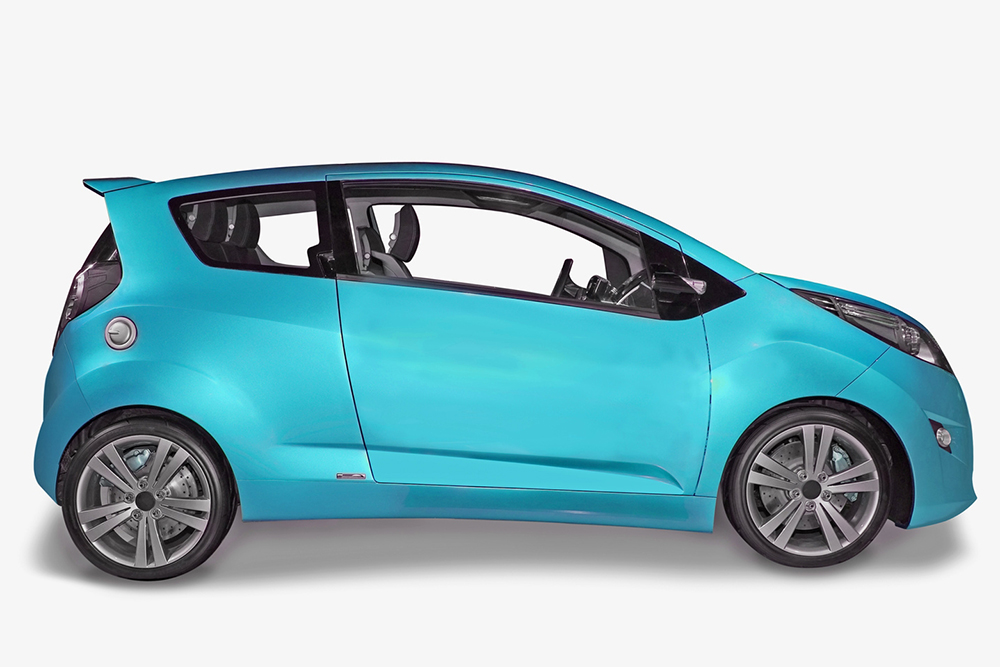Effective Strategies to Fund Your Used Car Purchase
Discover practical methods to finance a used car with options like personal loans, auto loans, leasing, trade-ins, and credit cards. Learn where to find the best deals and understand the pros and cons of each approach to make informed purchasing decisions. Suitable for various financial situations, these strategies help you own a quality second-hand vehicle efficiently and conveniently.

Effective Strategies to Fund Your Used Car Purchase
Opting for a pre-owned vehicle is a cost-efficient alternative to buying brand-new cars. It often provides excellent value, including many features of new models at a significantly lower price. However, purchasing a used car still involves a substantial investment that requires planning. Fortunately, there are multiple ways to finance a second-hand vehicle to suit different financial situations.
1. Personal Loans
Getting a personal loan is a common approach to fund a used car. These loans typically have fixed interest rates, predetermined repayment terms, and fixed monthly installments. Even those without regular employment can often qualify, provided they meet other criteria. Since personal loans are usually unsecured, they may carry higher interest rates, but they can also be used for additional expenses like accessories or registration fees.
2. Auto Financing
Many lenders offer auto loans ranging from €3,000 to €75,000 for those buying a used vehicle. Eligibility depends on factors such as income, with some lenders offering lower interest rates for applicants with a minimum income of €600 or pension payments over €300. The application process is straightforward: submit online forms and required documents for approval and fund disbursement.
3. Leasing Options
Leasing or rent-to-own arrangements allow you to use a vehicle for a fixed period without a large upfront payment. Monthly rentals often cover insurance, maintenance, taxes, and repairs, making it convenient and cost-effective for those avoiding ownership obligations.
4. Lease-to-Own Agreements
This financing method involves initial deposits and monthly payments over time. After the repayment period, you may pay a final installment to own the car outright, or return it and select a new vehicle. Dealerships often offer lower initial prices through leasing options compared to buying outright.
5. Vehicle Trade-In
If you have an existing vehicle, trading it in can reduce the buying cost of a used car. The trade-in value can be used as a down payment or toward accessories, easing your overall expenditure.
6. Using a Credit Card
For those with a good credit limit, financing via credit card is possible. You can pay for the vehicle immediately and settle the bill later. Some sellers also offer monthly installment plans through credit card options, though these may include processing fees and interest charges.
Where to Find Financing Options
Banks often provide pre-approved loans and can evaluate your eligibility through credit checks, offering options even for those without regular employment.
Car dealerships, especially certified pre-owned outlets, often have attractive financing deals or installment plans to help you acquire your vehicle more affordably.
Numerous Non-Banking Financial Companies (NBFCs) provide instant loans for car purchases, which may come with higher interest rates but are accessible to a broader range of borrowers, including those without payroll income.










